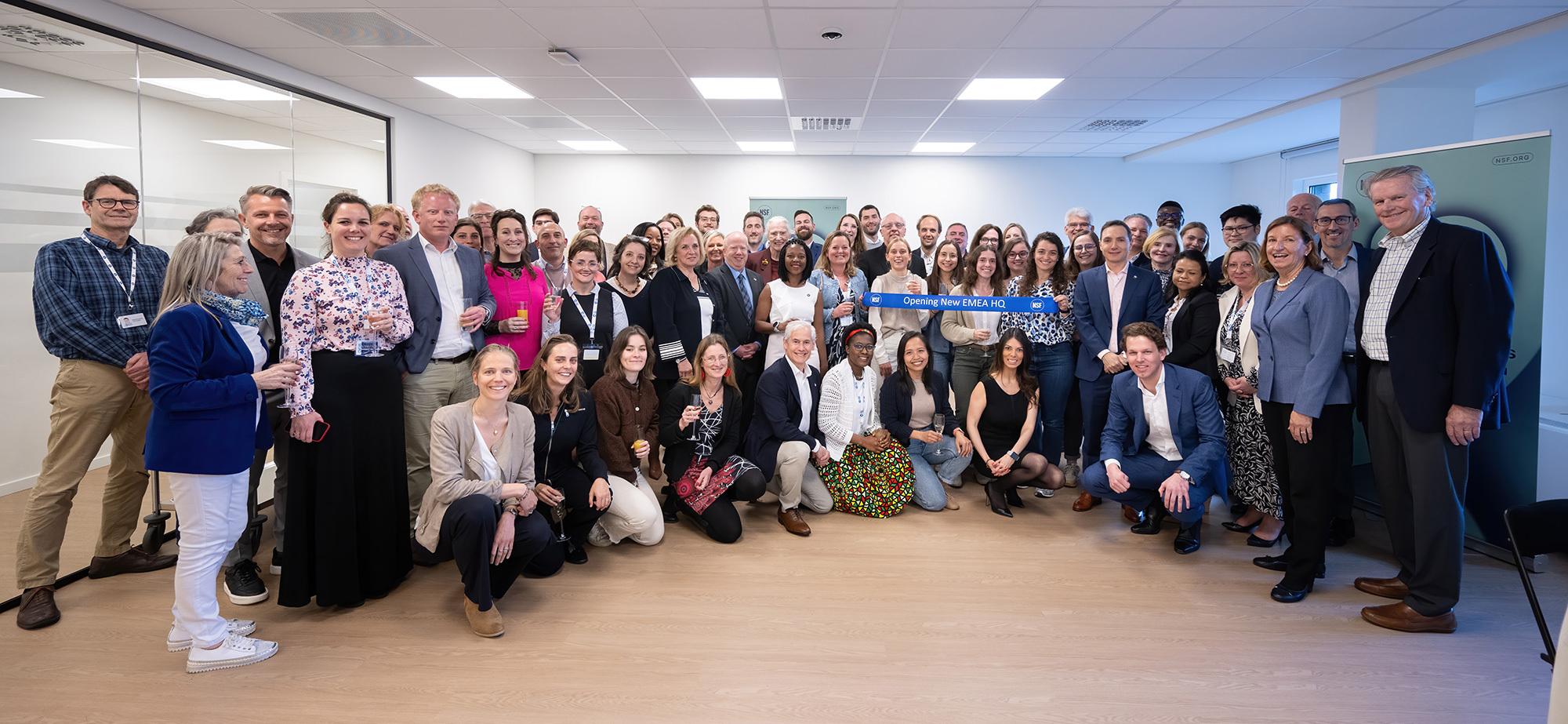Concrete Site Mix Evaluations for Water Systems

Concretes are used to construct many types of structures in the water distribution system that contact potable water. Concrete mixtures are often custom formulated for a specific project, and mixed and prepared on the construction site. This variability in both the product composition and the preparation site makes it difficult to certify concretes. Yet state and local authorities frequently require that contractors demonstrate that the concretes used in large water storage tanks, reservoirs and pipelines comply with NSF/ANSI/CAN 61 to ensure that they will not contribute harmful levels of contaminants to drinking water. NSF satisfies this need by offering a service to test and evaluate concrete site mixtures for compliance with NSF/ANSI/CAN 61.
Testing and Evaluation Process
Under the program, the client provides the formula for a specific concrete mixture, including all cements, aggregates and admixtures. Based on this formula, NSF develops an appropriate analytical test battery for the concrete. The contractor client then submits cylinder samples of the concrete to NSF, which are placed on test following at least 28 days of curing unless otherwise directed by the client. Following leachate testing, NSF issues a test report accompanied by a letter that includes a summary of the test results, the end use assumptions used in the evaluation and a statement indicating whether the concrete mix complied with the requirements of NSF/ANSI/CAN 61. Clients can use this letter to demonstrate compliance to the relevant state or local authorities.
Clients find that our concrete site mixture evaluation program provides a quick, reasonably priced solution for contractors to demonstrate compliance of their concrete mixtures to NSF/ANSI/CAN 61.
It is important to note that the concrete site mixture evaluation does not constitute certification to NSF/ANSI/CAN 61, and that the resulting test report is only valid for the particular project for which it was tested - it does not give the contractor the ability to claim compliance to NSF/ANSI/CAN 61 for any future projects without additional review and testing by NSF.
Have a question?
How NSF Can Help You
Get in touch to find out how we can help you and your business thrive.

